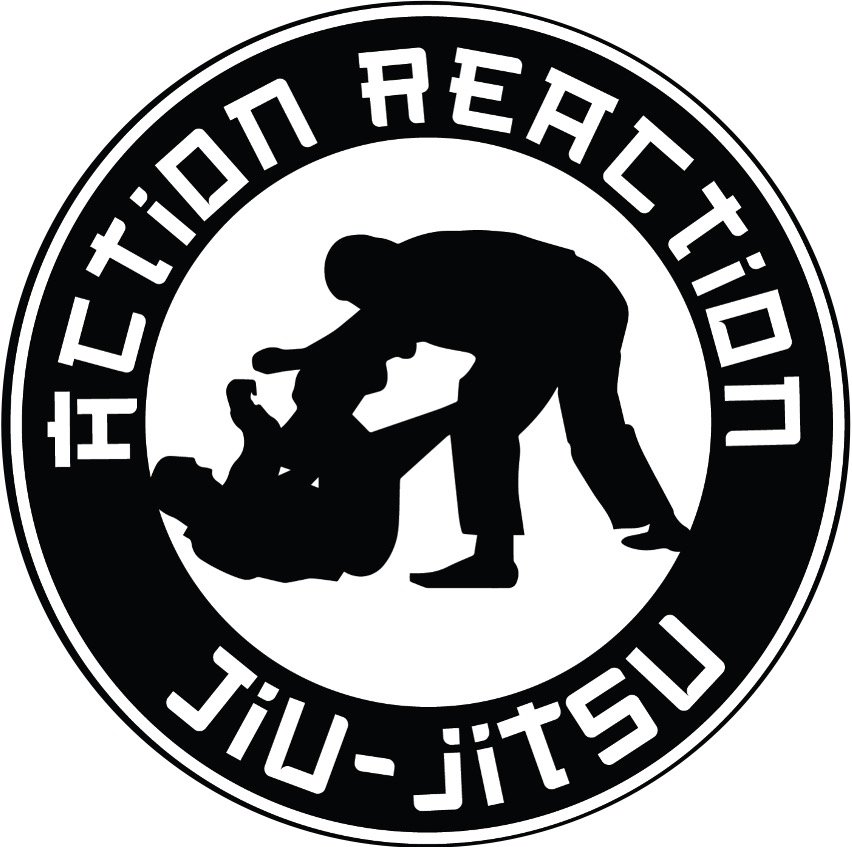Five things You Should Ask Every Martial Arts Instructor
Five things You Should Ask Every Martial Arts Instructor
Not all martial arts instructors are created equal. How do you determine that an instructor is of top quality? It all starts with an open conversation that will give you a feel of the instructor’s approach and qualifications. Here’s a handy list of questions to help you make sure you’re in the best hands.
How long have you been a black belt?
It’s easy to be drawn in by the sight of a black belt. After all, in most martial arts, that’s the highest rank you can earn. But what does a black belt actually mean?
Well, for starters, it means the wearer has proven himself an agile performer in the sport. It also means that they’ve gone through a rainbow of other belt colors. That’s pretty much it.
It doesn’t tell you how long they’ve held the title — which for an instructor — is critical.
Five or more years as a black belt signals that they are committed to the sport and have of experience at the highest level.
How long have you been teaching?
Again, as with the last item, the belt is still to be respected, but being a great fighter or having perfect form does not necessarily translate to being able to teach others that same thing.
An able instructor should have plenty of experience teaching students with different learning styles and abilities and should be well versed on maintaining safety in their practice.
Ask your instructor how long he or she has been teaching. Which age ranges?
How many competitions have you participated in?
One of the most exciting parts of martial arts, is competitions. The fanfare, the camaraderie, the excitement—it’s a great way to test your know-how and meet other enthusiasts of the sport.
To be as prepared as possible, you want to have an experienced competitor on your side. Make sure your instructor is someone who can walk you through the competition process and is someone who can prepare you (both mentally and physically) for the experience.
How long have you practiced the sport?
This is not the same as item #1; years as a black belt doesn’t tell you how long the athlete took to get there.
Different dojos have different expectations. You may come across a person who earned the highest rank in 2 years (which is highly suspect, btw) and in a different run-in, you may find someone who took 10 years to get there.
What is your goal for your students?
A great martial arts instructor will have a clear curriculum — a road map — for the practitioners of their sport. They will have clear checkpoints that signal when it’s time for promotion.
Unfortunately, this is not always standard practice. You may find instructors who prematurely promote players (which presents a problem come competition time when others in the same belt category have far more experience); on the other hand, you may find someone who has no set timeline for promotion. The former can leave you in an uncomfortable or unsafe situation while the latter can leave you frustrated for lack of clear progress signals.
Due some due diligence to have a safe and fun time.

